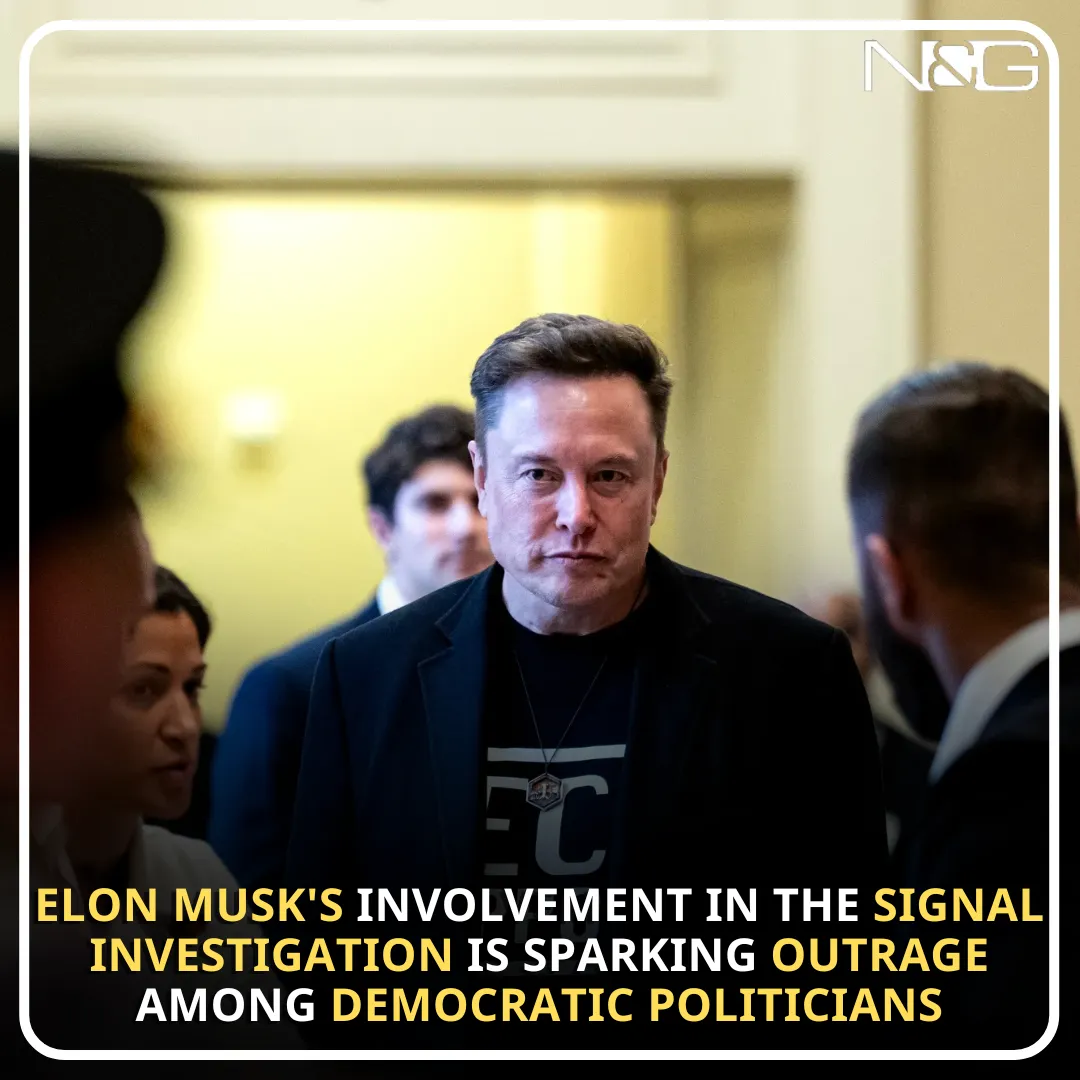In a speech delivered from the U.S. military base at Pituffik in Greenland on Friday, Vice President Vance sought to clarify the U.S. government's stance on the controversial issue of acquiring Greenland, a topic that has been a repeated focus of President Trump’s comments. Vance made it clear that while the U.S. does not intend to use military force in this pursuit, the Trump administration is keenly interested in Greenland due to its strategic significance, particularly in terms of security concerns.
Vance’s speech came amid growing international attention to the U.S. administration's approach to Greenland, a self-governing territory of Denmark that has been the subject of political tension since President Trump expressed interest in acquiring it. Despite Trump’s repeated assertions that Greenland should be a part of the U.S. for security and economic reasons, Vice President Vance reassured the public that military force would not be used as part of the U.S.’s plans.
"We do not think military force is ever going to be necessary," Vance said in response to a reporter’s question on whether there were military plans to take over Greenland. He clarified that the U.S. respects Greenland’s sovereignty, emphasizing that the island's future should be determined by its people, not by outside forces.
In his remarks, Vance stressed that the United States recognizes Greenland’s right to self-determination, asserting that it is up to the people of Greenland to decide their own political future. "What we think is going to happen is that the Greenlanders are going to choose, through self-determination, to become independent of Denmark, and then we’re going to have conversations with the people of Greenland from there," he said.
This statement highlights the contrast between the Trump administration's approach to Greenland and the Danish government’s position, which has consistently emphasized the importance of maintaining Greenland's current status within the Kingdom of Denmark.
Vance's words seem to temper the fiery rhetoric that has surrounded President Trump’s public statements about acquiring Greenland. While Trump has often described Greenland as a valuable asset to U.S. security and suggested that Denmark should relinquish control of the island, Vance’s comments appeared to acknowledge the diplomatic sensitivity surrounding the matter.
“We respect Greenland’s sovereignty,” Vance said, underscoring that the U.S. is committed to engaging with Greenland’s people in a respectful and cooperative manner.
The vice president made his remarks from the Pituffik Space Base, an American military installation that serves as a critical front line in missile defense, missile warning, and space surveillance. Located in the northwestern part of Greenland, Pituffik is a strategically important base for the United States, particularly in the context of the Arctic region's growing geopolitical importance.
The Arctic has become a focal point for international competition, as both Russia and China seek to increase their presence in the region. For the U.S., Greenland’s location and resources are seen as vital for maintaining a military and security foothold in the Arctic.
Vance’s trip to Pituffik, however, was not solely focused on military concerns. He also took the opportunity to discuss broader geopolitical issues related to Greenland's position in global security.
"We need Greenland for international security. We have to have Greenland," Trump said earlier in remarks from the White House. This statement echoed the administration’s view that controlling or influencing Greenland is critical for countering threats from Russia and China, both of whom have been making strategic moves in the Arctic.
Greenland, an autonomous territory within the Kingdom of Denmark, has long resisted any notion of its sale or transfer of sovereignty. The Danish government has made it clear that Greenland is not for sale, and the island’s political leaders have repeatedly stated that their future will be determined by Greenlanders themselves.
The March election victory of Greenland's Demokraatit party, which advocates a gradual move toward independence, signaled that the island’s population is not eager to break away from Denmark any time soon.
Despite the Danish and Greenlandic government’s firm stance, the Trump administration has pressed forward with discussions about Greenland's strategic value. Vance, however, made it clear that the U.S. respects Denmark’s responsibility for Greenland’s security.
"The Danes have not done their job in keeping this area safe," he said, referring to Denmark’s military oversight in Greenland.
This remark may have been a subtle attempt to criticize Denmark’s handling of security in Greenland, particularly in the face of Russia’s growing military presence in the Arctic. Vance emphasized, however, that the U.S. has no plans to expand its military footprint in Greenland.
Any changes to security arrangements would be discussed in consultation with Greenland’s capital, Nuuk, reflecting the U.S.’s desire for cooperation with Greenland’s government.
The political landscape in Greenland is evolving, particularly in light of the island's desire for greater autonomy. While Greenland's Demokraatit party, which advocates for independence, won the March election, it does not necessarily mean that Greenlanders are ready to sever ties with Denmark immediately.
Greenland’s population, currently numbering about 57,000, has shown no significant appetite for breaking away from Denmark in the near future, and attitudes toward the U.S. are currently at a low point.
Vance’s visit to Greenland was originally meant to be part of a "heritage" tour, which was canceled after strong backlash from officials in Nuuk and Copenhagen. Greenlandic leaders were reportedly unhappy with the U.S. presence in the region, given the sensitive nature of discussions surrounding Greenland's sovereignty.
The cancellation of the tour, including the planned visit from Usha Vance, second lady of the United States, highlighted the tense political climate surrounding Greenland's relationship with the U.S.
Denmark’s Foreign Minister Lars Løkke Rasmussen described the cancellation as a “positive” decision, acknowledging that there were no objections to U.S. officials visiting the Pituffik base. He stressed that the issue of Greenland’s sovereignty remained a matter for the Greenlandic people and Denmark to determine, not the U.S.
Vice President Vance’s trip to Greenland also came amid intense scrutiny over his involvement in a text chain related to a sensitive military operation in Yemen. The group chat, which inadvertently included a journalist, has raised concerns about the security of classified information.
The chat was widely criticized for putting sensitive information at risk, further complicating Vance’s public image. Vance responded to the controversy by promising an update on the internal investigation into the matter but also made it clear that he expected no one to be fired for their involvement.
Vance’s remarks about Greenland, while focusing on the importance of maintaining security in the Arctic, were also laced with humor and candidness. Upon landing at Pituffik, where the temperature was a chilling minus 3 degrees Fahrenheit, Vance commented on the cold with surprise, joining U.S. Space Force personnel for lunch. “It’s cold as s—t here. Nobody told me,” Vance quipped, adding a moment of levity to the otherwise serious tone of his remarks.

In addition to the weather, Vance participated in a traditional polar plunge, a rite of passage for U.S. service members stationed at the base. Despite the freezing temperatures and the risk of collapsing icebergs, Vance completed the plunge, humorously noting that the dive into the Arctic waters was “accomplished despite near freezing temperatures, the threat of collapsing icebergs, and lusty seals.”
As the geopolitical landscape in the Arctic continues to shift, Greenland’s position will remain a critical issue for both the U.S. and Denmark. While the Trump administration’s push for Greenland’s acquisition has drawn widespread attention, it is clear that Greenland’s sovereignty will not be easily undermined.
The people of Greenland are likely to continue advocating for their right to self-determination, and the relationship between Greenland and the U.S. will require careful diplomatic handling.
Vance’s comments, while reassuring that military force would not be used, have nonetheless sparked significant debate about the role of the U.S. in Greenland's future. Whether through strategic military presence or diplomatic engagement, the U.S. is likely to remain a key player in the Arctic region, but how it navigates its relationship with Greenland will be crucial in maintaining long-term stability and cooperation in the region.





